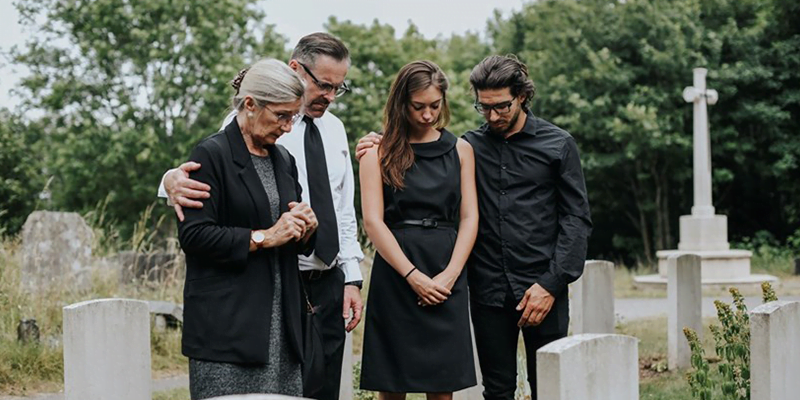Expressions of Compassion: Exploring the Importance of Funerals, Bereavement, and Sympathy in Times of Loss
Losing a loved one is an inevitable part of life, and the grieving process that follows can be incredibly challenging. During these difficult times, expressions of compassion play a crucial role in providing comfort and healing. This article will delve into the significance of funerals, the healing process of bereavement, the importance of sympathy and support, and how expressions of empathy and understanding can provide solace.
The Power of Farewell: Understanding the Significance of Funerals in Honoring and Remembering Loved Ones
Funerals have long been a traditional way to bid farewell to those who have passed away. They serve as a platform for family and friends to come together, share their grief, and honour the life of the deceased. Funerals provide a space for individuals to express their emotions openly, allowing them to find solace in the presence of others who are going through a similar experience.
According to a survey conducted by the National Funeral Directors Association, 82% of respondents believed that funerals are an essential part of the grieving process. Funerals offer a sense of closure and allow mourners to say their final goodbyes, which can be crucial in the healing journey. By gathering together, sharing stories, and celebrating the life of the departed, funerals help create a lasting memory that can bring comfort to those left behind.
Navigating Grief: Exploring the Healing Process of Bereavement and its Role in Finding Closure
Bereavement is a complex and individualised process that encompasses a range of emotions, including sadness, anger, guilt, and confusion. It is a journey that requires time and patience, as individuals navigate through their grief and seek closure. The healing process of bereavement is unique to each person, and there is no right or wrong way to grieve.
Psychologists have identified several stages of grief, including denial, anger, bargaining, depression, and acceptance. These stages are not linear and can be experienced in different orders or even simultaneously. It is important for individuals to allow themselves to feel these emotions and seek support from loved ones or professionals when needed.
Extending a Helping Hand: The Importance of Sympathy and Support in Times of Loss
Sympathy and support are vital components in helping individuals cope with loss. When someone is grieving, knowing that they have a support system can make a significant difference in their healing process. Simple acts of kindness, such as sending a condolence card, offering a listening ear, or providing practical assistance, can go a long way in providing comfort and solace. Our keepsake ‘thinking of you’ gifts are also a great way to show them you are there.
A study published in the Journal of Social and Personal Relationships found that social support significantly predicted better mental health outcomes for bereaved individuals. The study highlighted the importance of having a network of supportive individuals who can provide emotional, informational, and instrumental support during times of loss. By extending a helping hand, we can create a sense of community and alleviate some of the burdens that come with grief.
Compassion in Action: How Expressions of Empathy and Understanding Can Provide Comfort and Healing
Expressions of empathy and understanding are powerful tools in providing comfort and healing to those who are grieving. When we show genuine compassion, we validate the emotions and experiences of the bereaved, creating a safe space for them to express their feelings without judgment.
Dr. Brene Brown, a renowned researcher and author, once said, “Empathy is simply listening, holding space, withholding judgment, emotionally connecting, and communicating that incredibly healing message of ‘You’re not alone.'” By practicing empathy, we can offer a sense of connection and understanding to those who are grieving, helping them feel supported and less alone in their journey.
In conclusion, expressions of compassion play a vital role in times of loss. Funerals provide an opportunity to honour and remember loved ones, while the healing process of bereavement allows individuals to find closure. Sympathy and support are essential in helping individuals navigate their grief, and expressions of empathy and understanding can provide comfort and healing. By embracing compassion, we can create a supportive environment that helps individuals cope with the challenges of loss and find solace in their journey towards healing.











